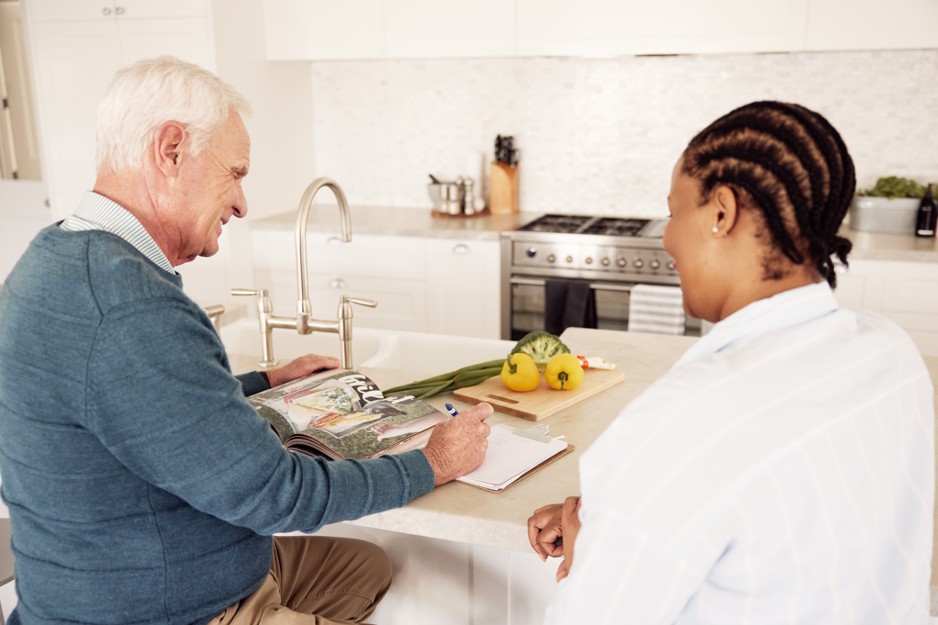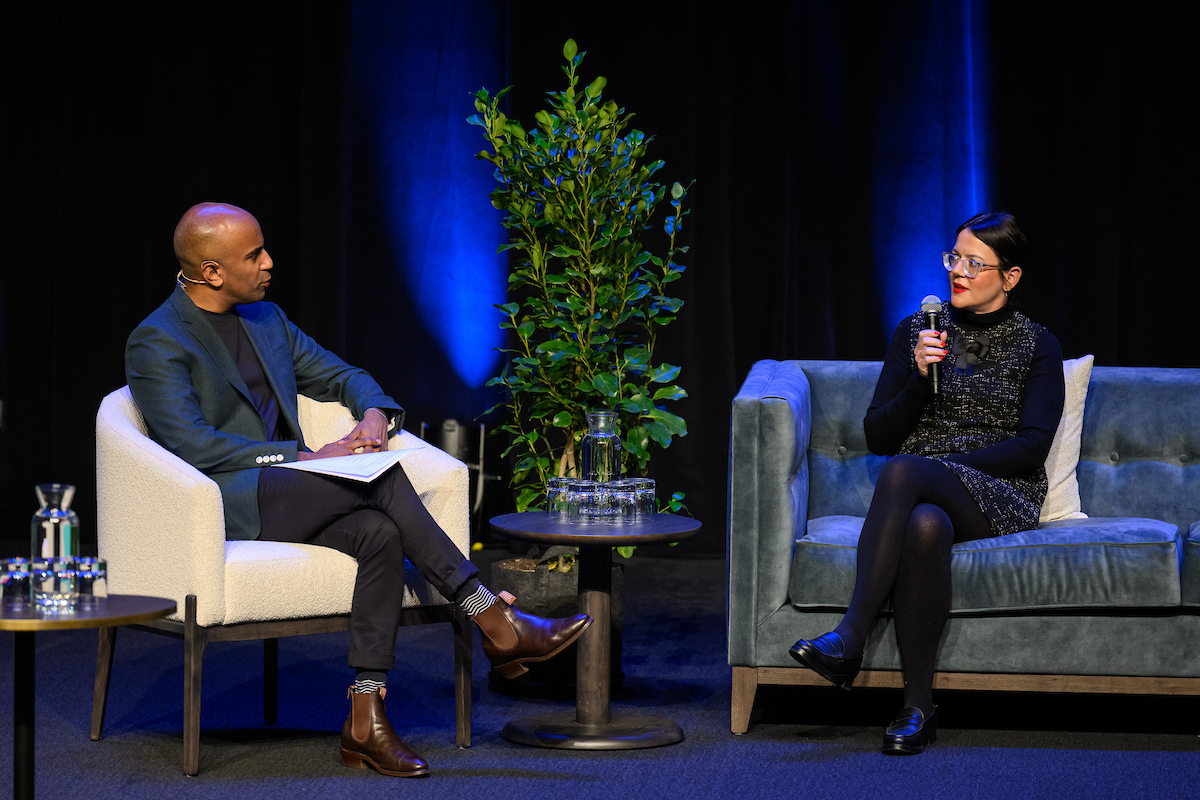1.6.2023

As we age, a single fall, trip, slip, tumble, or stumble, can have a significant impact on our health and wellbeing.
The following facts are astounding!!!
In New Zealand…
· 1 in 3 people over 65 fall every year.
· This ratio increases to 1 in 2, for people over 85.
· Approximately 4000 Kiwis fall and break a hip annually.
· Falls are the most common cause of injury in older people.
· The physical impacts of a fall can be very serious (hip fractures, head injuries, hospitalisation, early admission to residential care, and in some cases, mortality)
· The psychological impacts of a fall can also be very serious, loss of confidence, fear and anxiety, PTSD, restriction of physical and social activities, increased frailty, psychological distress, isolation, and depression, (Age Concern New Zealand, 2023).
As we get older, the fear of falling becomes a reality. The Fall Cycle (Subramaniam et al., 2022, p4) is a visual reminder of what can happen, when we experience our first fall!

The fear of falling drives the fall cycle. Following a fall, we restrict our own daily physical activities. This reduces our muscle strength, and co-ordination, making us more unstable on our feet. In turn this puts us at an increased risk of falling again! The good news is that there is a way to break the cycle – exercise!
The National Institute for Health and Care Excellence (NICE) looked at the evidence on reducing harm from falls. It found that evidence continues to support strength and balance exercises to reduce falls. (Health Quality & Safety Commission New Zealand 2020).
Further evidence shows that exercise prevents falls in the older adult and that well-designed exercise programs reduce the rate of falls among older people living in the community by approximately 25% (Sherrington et al., 2020).There is a need to increase the availabilities of such exercise programs, as falls remain a worldwide health issue.
In New Zealand there has been an alliance formed between national and local health organisations, to share information, better co-ordinate and deliver services to enable older people to continue to live in their own homes and reduce the incidence and severity of falls. Live Stronger for Longer, prevent falls and fractures is an initiative set out to do just this. It includes both in-home strength and balance programmes and group-based community strength and balance programmes. Check out this link for further information, https://www.livestronger.org.nz/
So, what do fall prevention exercise programs involve?

Their overall aim is to prevent falls by improving a person’s gait, balance, co-ordination, muscular strength, and flexibility. They also provide, confidence to those who have had a recent fall or been identified as being at high risk of having a fall. These exercise programs target the legs and core, which result in a person’s improved balance, leg strength, flexibility, and overall fitness.
Community-based strength and balance classes are a great opportunity to participate in regular exercise whilst socialising and having fun with people in your community. They use various strength, balance, co-ordination, flexibility, and chair exercises tailored to the individual's abilities.
“Live Stronger for Longer” and “Age Concern New Zealand” are great places to start if you are wanting to participate in a strength and balance exercise class.
Age Concern New Zealand, run a community-based program, that focuses on strength and balance, and it incorporates a variety of mobility levels. They offer three levels of classes.
Level 1– Limited Mobility - use of a walking aid, restricted activity and/or does not engage in regular physical activity (e.g., gardening, walking).
Level 2– Reasonable Mobility - does not use a walking aid and/or currently engaging in some physical activity.
Level 3– Full Mobility - good level of fitness and wanting to maintain this, and confident in participating (Community strength and balance, 2023).
Being actively involved in these classes can prevent future falls and have many other benefits. However, if you don’t want to attend a class, there is a simple app developed by “Live Stronger for Longer” and “ACC” called Nymbl which allows you to improve your balance from the comfort of your own home, for free, check out this link for further information, https://fallsfree.co.nz/
In the end it comes down to use it or lose it. If we don’t exercise, enhancing our strength, balance, and overall wellbeing, then we will be pre-disposed to falls. The overwhelming evidence out there supports this fact. The benefits of exercise allow older people to remain safe and free from falls in their own homes, and with national and local organisations in New Zealand working in partnership to deliver simple and effective exercise programmes, we should be able to achieve positive outcomes in preventing falls in the community.
Useful Resources
https://www.ageconcern.org.nz/
https://www.livestronger.org.nz/


Sign up with your email address to recieve news and updates